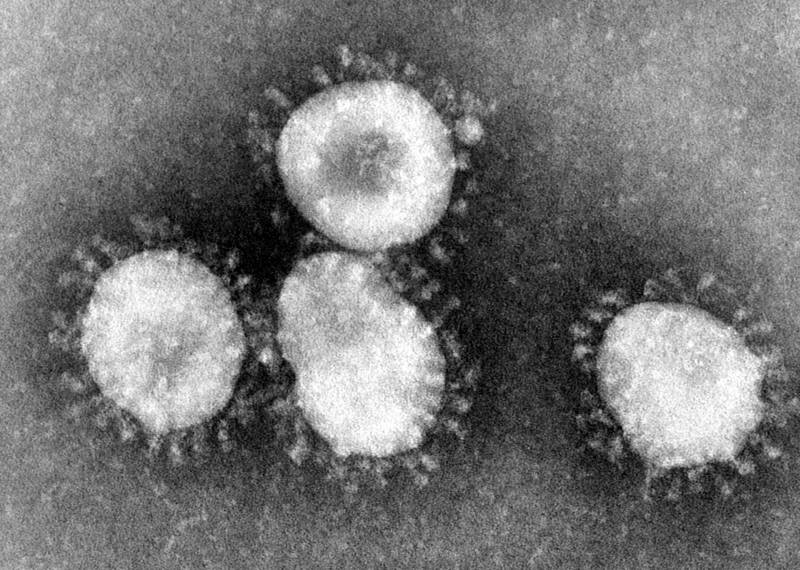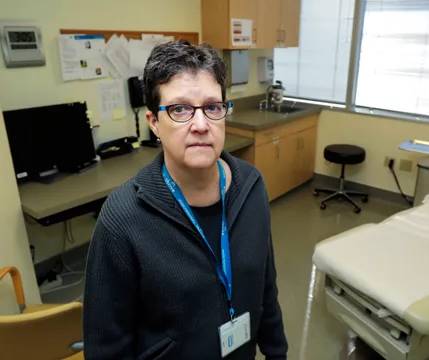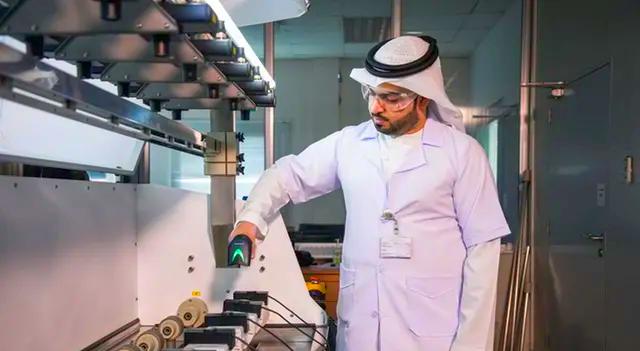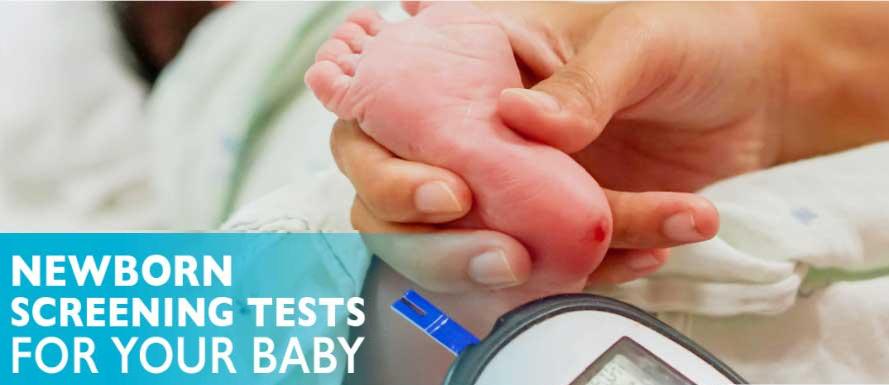Saudi health care drastically changed; balance still elusive
 Saudi Arabia’s health care sector has seen a dramatic change in recent years. With the introduction of compulsory health insurance for expatriates working in the private sector, the business landscape has shifted for pharmaceutical companies, insurers and health care providers, all of whom are still looking for long-term balance in the market.
Saudi Arabia’s health care sector has seen a dramatic change in recent years. With the introduction of compulsory health insurance for expatriates working in the private sector, the business landscape has shifted for pharmaceutical companies, insurers and health care providers, all of whom are still looking for long-term balance in the market.
The Kingdom has the largest health care sector in the Middle East, and the government plans to increase medical spending even more this year. The 2010 national budget set aside SR61.2 billion ($16.3 billion) for health and social affairs, accounting for 11.3 percent of total spending. The figure represents a 51 percent increase over the 2009 budget, which stood at SR40.43 billion ($10.7 billion) for health and social affairs, 8.5 percent of total spending.
According to the Saudi Arabia Budget Report published by Banque Saudi Fransi, the bulk of the increase appears to cover the cost of staffing the large and growing number of hospitals and medical centers the Kingdom is building as it continues with plans to modernize the system. Up to 92 hospitals could be added over the coming years.
Compulsory medical insurance for expatriates, first introduced in the Kingdom in 2006, was part of the health care reform plan. The first stage of the phased introduction covered all workplaces with more than 500 people.
This was followed by the next stage, introduced in the second half of 2007, which mandated all workplaces with fewer than 500 employees to also adopt the policy. Now, all companies with fewer than 500 employees that are renewing business licenses must provide proof that expatriate medical insurance is available for all staff.
This policy was a major shift in the Saudi market, although the main players in the industry – pharmaceutical companies, insurers and health care providers – are still at odds as to who benefits the most in the new landscape.
The pharmaceutical industry is currently booming in the Kingdom, with annual sales estimated to be in the region of SR5 billion ($1.3 billion) and no signs of a slowdown. “The pharmaceutical industry grew by 9 percent in 2009 and was one of the few sectors in the Kingdom that showed a positive increase.” Yaser Naghi, chairman of pharmaceutical distributor Cigalah Group, told OBG.
Compulsory health insurance for expats is one of the main drivers of growth in pharmaceuticals, so much so, that producers cannot keep up with demand. “Local production is behind demand, especially in generics, and insurance reform means even more demand is coming,” Aiman Hamadallah, the chief financial officer at Saudi Import Company (Banaja), told OBG. Generics account for around 20 percent of the market in Saudi Arabia, compared to about 40 percent in mature markets in the West.
There are, however, concerns among some players in the industry that the balance of power may be swinging too far in the direction of insurance companies as the volume of insured clients and the resulting purchasing power continues to increase.
Indeed, health insurance gross written premiums (GWP) increased 57 percent to SR4.8 billion ($1.2 billion) in 2008, the last year for which full figures are available, compared to SR3.1 billion ($826 million) in 2007, according to the Saudi Insurance Market Survey Report 2008 from the Saudi Arabian Monetary Agency’s (SAMA) Insurance Supervision Department. Health insurance represented 44 percent of the total insurance market in 2008, up from 36 percent in 2007.
However, insurance companies do not see the situation from the same perspective, having had to adjust their business models and practices to comply with international regulations introduced by SAMA while competition heats up.
“The margins on medical insurance are slim and competition is tough,” said one insurance executive OBG spoke with.
SAMA issued “The Law on Supervision of Cooperative Insurance Companies” and its implementing regulations in 2004, introducing rules such as compliance with Shariah, minimum capital requirements of SR100 million ($26.7 million) for direct insurers and SR200m ($53.4m) for reinsurers; and a stipulation that GWP must not exceed 10 times a company’s paid-up capital. Insurance companies were given a grace period until March 11, 2008, to register for a licence with SAMA.
Health care providers contend that since the introduction of mandatory expatriate health insurance they are caught in a squeeze between the insurance industry and pharmaceutical companies.
According to Dr. Mamoun Al-Najjar – chief executive of Saudi German Hospital Jeddah, “the structure of the industry has changed. Now, the major payers are the insurance companies and they are pushing pharmaceutical companies and hospitals to lower their prices.”
Mutasim Alireza, managing director of Magrabi Hospitals and Centers, sums up the situation, “Health insurance reform has increased demand for services in private hospitals, but on the downside, margins have been squeezed.”
Nonetheless, the potential of private sector health care in the Kingdom is highly appealing for foreign investors. Earlier this year a contingent of Singapore-based health services companies visited Saudi Arabia, lured by the potential combination of a large market, rapidly growing population and significant government support and investment in the sector.
The introduction of mandatory health insurance for expats, and insurance reform in general, has certainly shaken up the health care market in Saudi Arabia, providing a great amount of potential for pharmaceutical companies, insurers and health care providers. “Health insurance reform has led to the growth of insurance companies and the consolidation of hospitals, but the balance in the industry still needs to be found,” said Dr Wael Kaawach, chief executive officer of Health Care Development Holding Company









